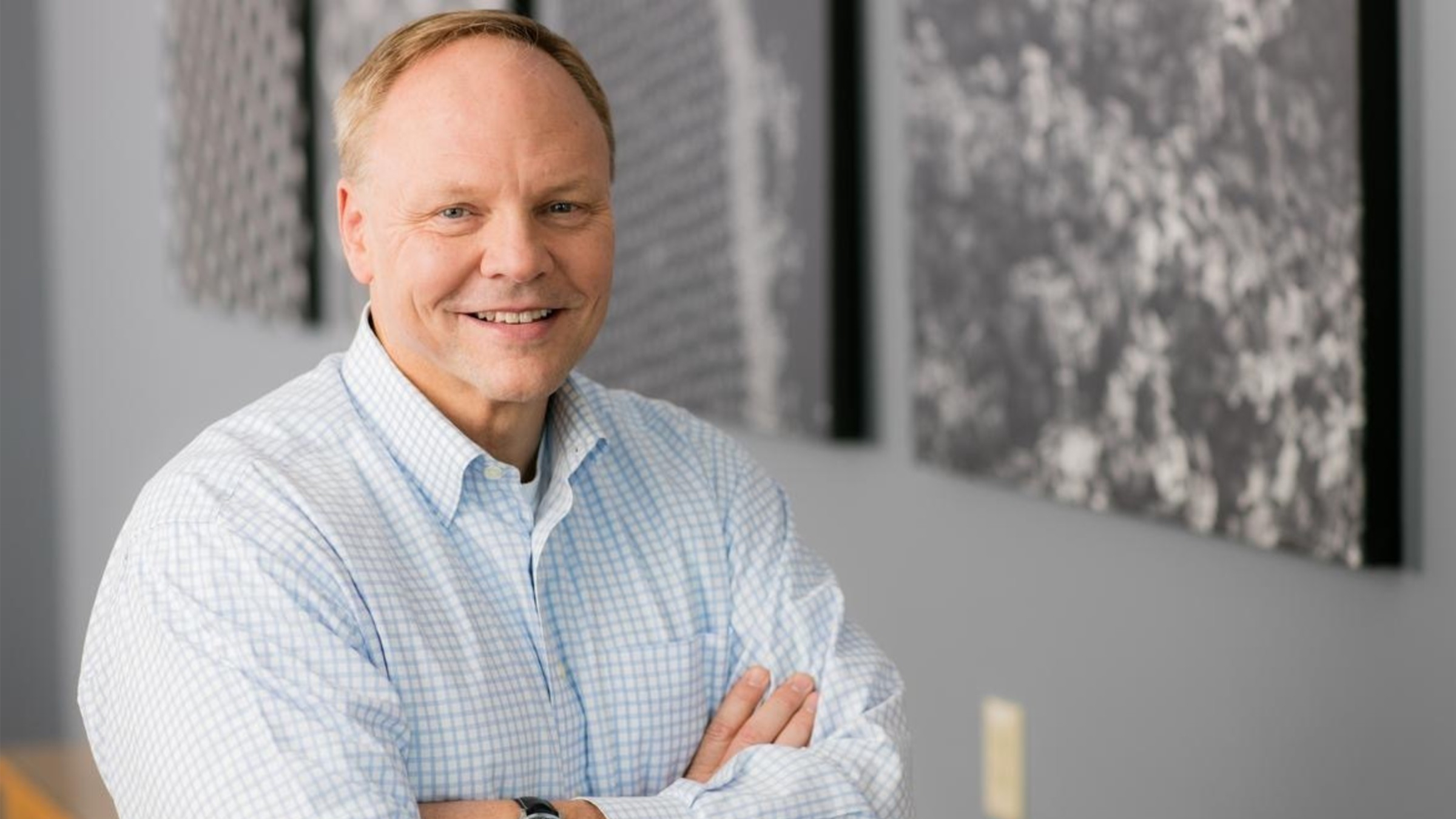
Neal Fowler, Pathalys Pharma CEO
Pathalys inks development deal with Abingworth company, raising $150M
Pathalys Pharma, a private biotech co-founded by Japanese VC Catalys Pacific and DaVita Venture Group in late 2020 to focus on chronic kidney disease, announced …
Sign up to read this article for free.
Get free access to a limited number of articles, plus choose newsletters to get straight to your inbox.